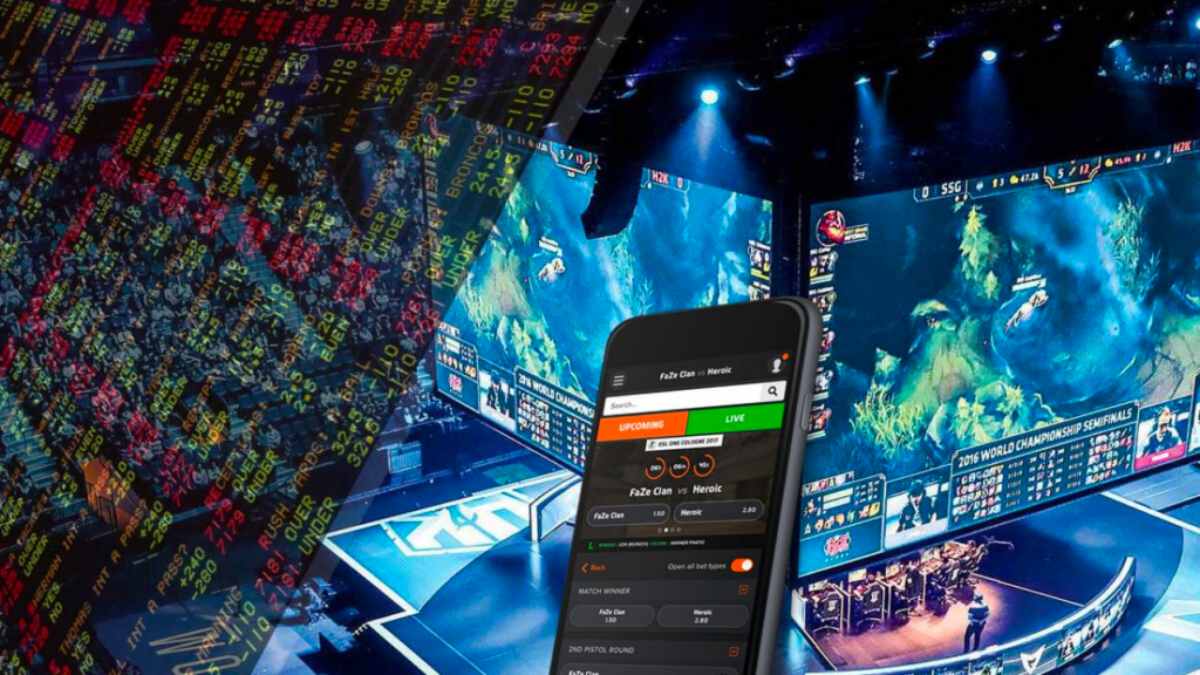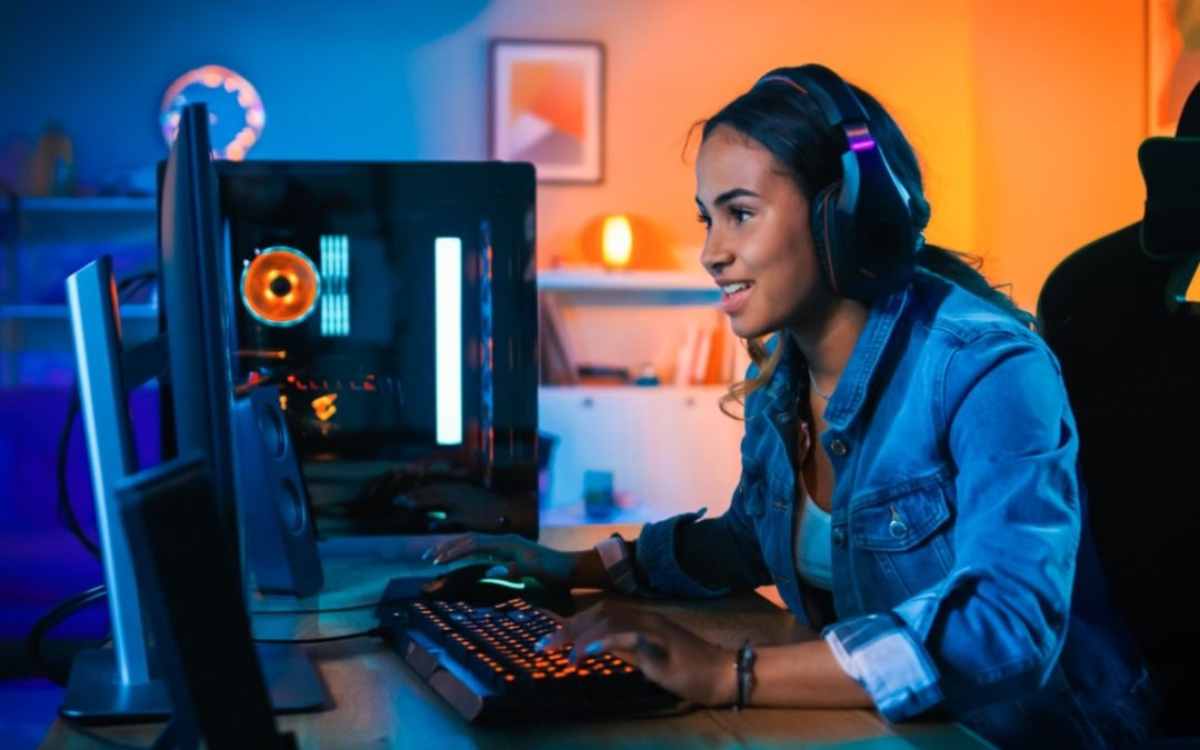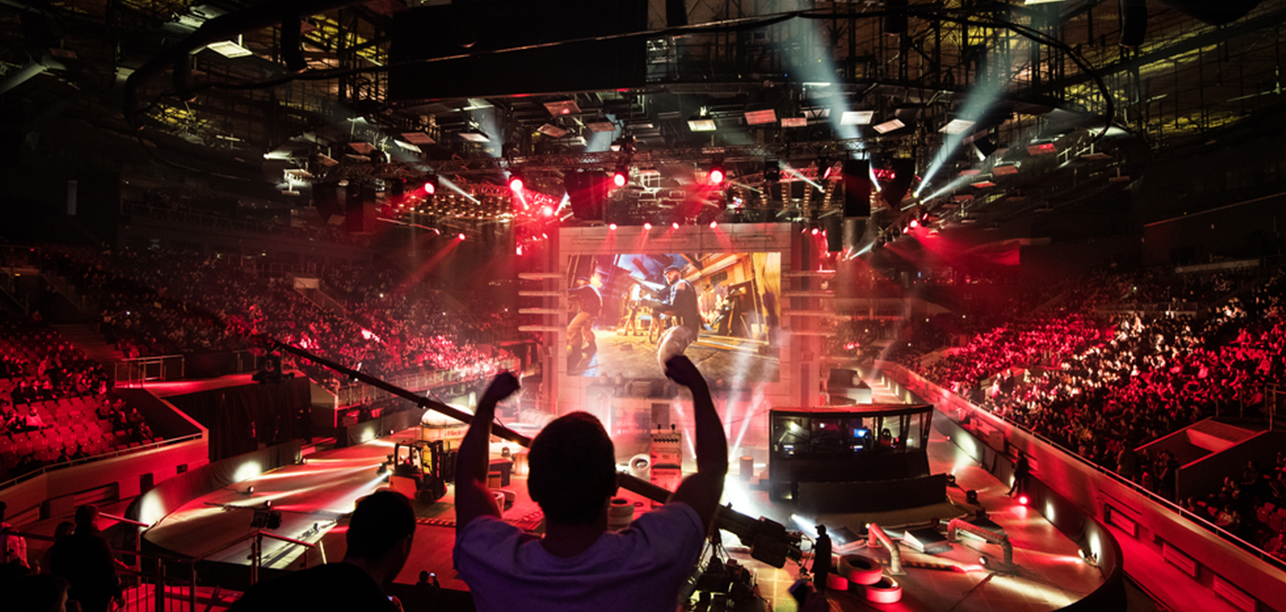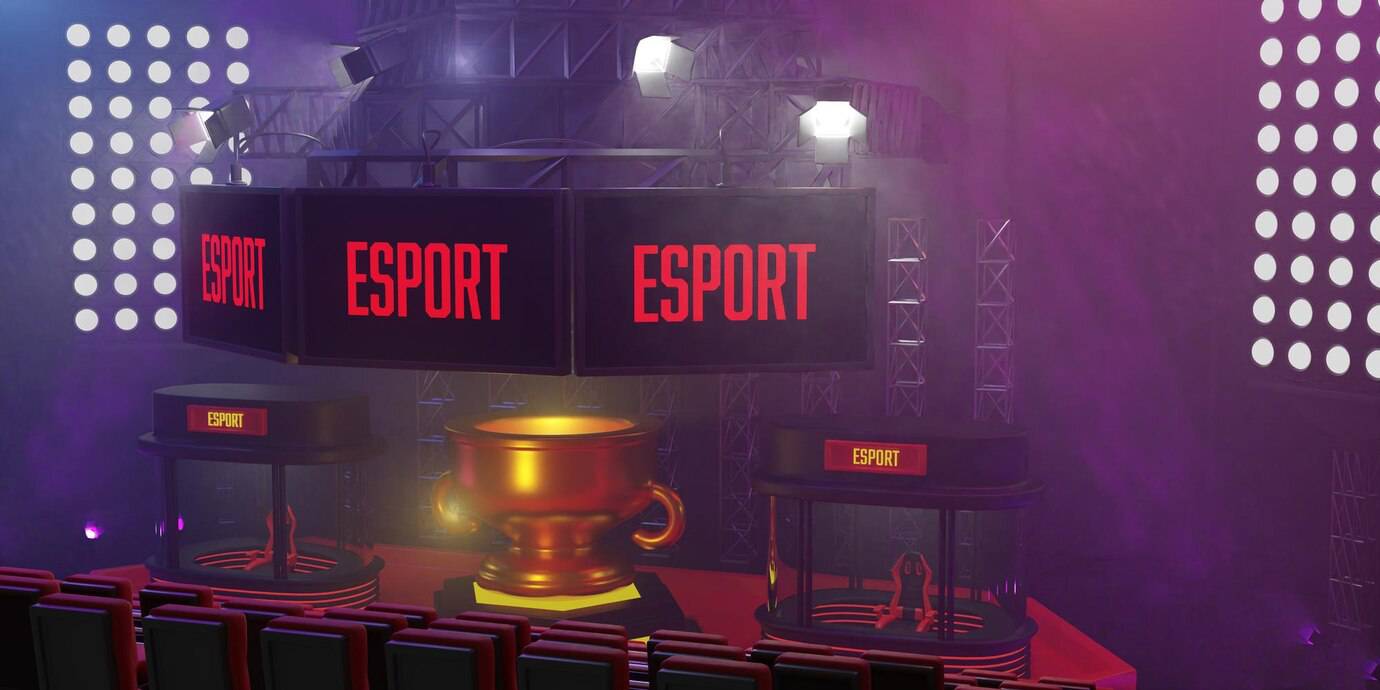
Celebrating LGBTQ+ Voices in the Esports Arena
In the last ten years, esports has changed a lot. It went from small LAN parties to a vast global industry. Now, millions of fans and prize pools are worth millions of dollars. Esports is also widely recognised in mainstream culture. But beyond the competition and highlights lies something even more powerful—representation. As esports grows, so too does its responsibility to be inclusive. LGBTQ+ gamers are at the core of this movement. They are reshaping what it means to belong in competitive gaming.
Today, we celebrate the voices and victories in esports and honour the growing push for diversity. These people and groups are creating a more inclusive gaming future. In this future, talent, not identity, defines success.
The State of Diversity in Esports
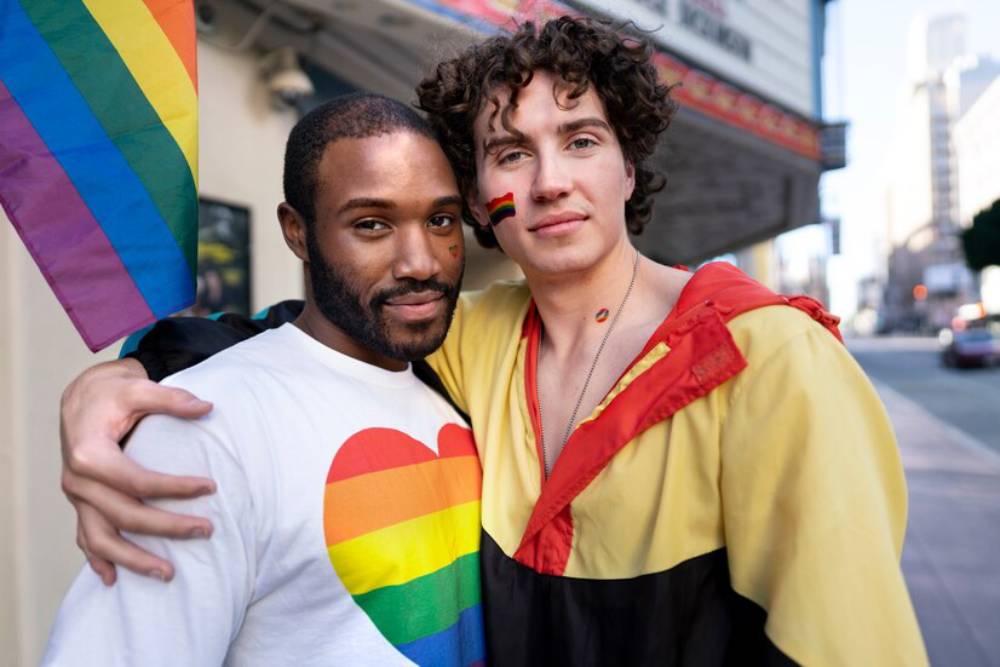
Esports is still maturing as an industry. Though it has improved in diversity and visibility, more work remains. This is especially true for marginalised groups, like LGBTQ+ individuals. In many traditional sports, breaking barriers can take generations. In esports, we have a unique opportunity to shape the culture in real time.
Why Diversity Matters:
- Wider talent pool: Inclusion brings in more players, ideas, and innovation.
- Healthier communities: Diverse spaces encourage respect, empathy, and resilience.
- Representation boosts engagement: Seeing someone like you in a top role builds confidence and connection.
The esports community must reflect the vibrant, diverse audience that supports it. LGBTQ+ gamers are essential to this evolution.
LGBTQ+ Representation in Competitive Gaming
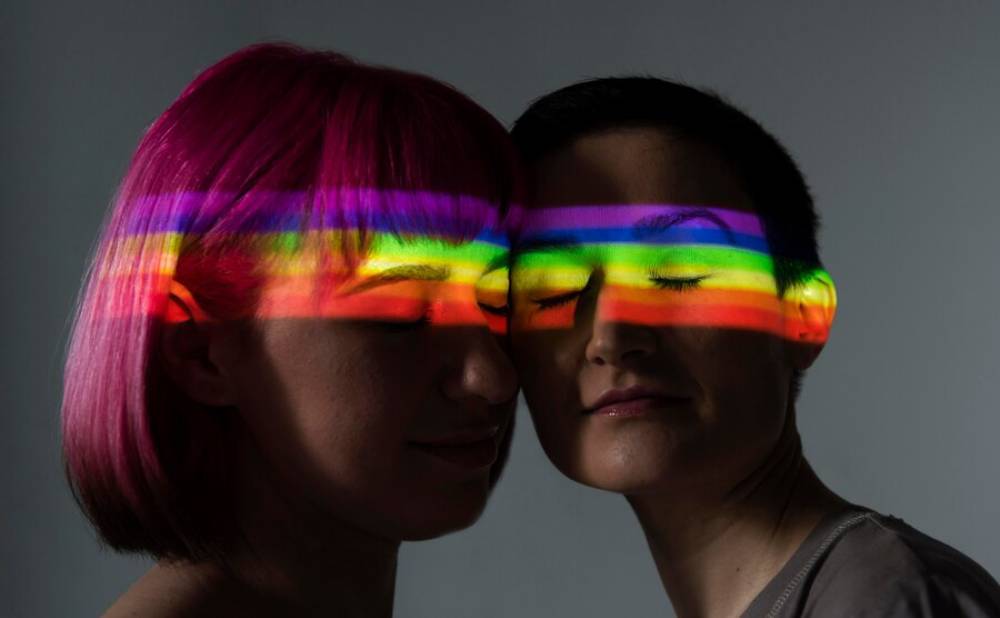
Representation isn’t just about being present—it’s about being visible, vocal, and valued. Across various titles and tournaments, LGBTQ+ individuals are competing, commentating, coaching, and creating.
Notable LGBTQ+ Figures in Esports:
- SonicFox, or Dominique McLean, is a five-time EVO champion. He is a well-known figure in the fighting game community. SonicFox is openly non-binary and fights for LGBTQ+ rights. Their bold presence and talent have made them an icon of inclusive gaming.
- Scarlett (Sasha Hostyn) is one of the top StarCraft II players. She is a transgender woman. She broke stereotypes in the male-dominated RTS genre. Her success is a testament to the power of representation.
- Xmiramira is a streamer and creator of Sims content. She advocates for more Black and LGBTQ+ representation in gaming. Although she is not an esports player, her visibility helps promote inclusivity.
These individuals have used their platforms to compete. They also speak out, mentor others, and challenge norms.
Challenges LGBTQ+ Gamers Face
LGBTQ+ gamers are making progress, but they still face discrimination and harassment. Systemic barriers exist in online spaces and professional scenes. Toxicity and gatekeeping remain persistent issues in many gaming communities.
Common Challenges:
- Online harassment: Targeted abuse is still widespread in competitive games and streaming.
- Lack of role models: More visibility is coming, but it’s still low in some esports titles.
- LGBTQ+ gamers: They often face unfair treatment. This can happen during team selection or when seeking sponsorships.
Addressing these issues requires both community action and industry leadership.
Inclusive Gaming Initiatives Changing the Scene
Many groups and tournaments are redefining inclusive gaming.
Key Initiatives and Movements:
- Gayming Magazine’s Gayming Awards: The first global event that honours LGBTQ+ talent in gaming and esports. It shines a light on queer excellence across the industry.
- Riot Games’ Pride Events: Riot honours LGBTQ+ identities with special in-game content and Pride campaigns in League of Legends and VALORANT.
- Diverse teams and groups, like Queer Women of Esports and AnyKey, seek better representation. They also push for safer spaces and more opportunities for LGBTQ+ competitors.
These movements are creating real change. It’s not just about visibility; it also boosts participation and influences policy.
The Role of Allies in Esports
Allies play a crucial role in building a more inclusive esports arena. Whether you’re a player, coach, organizer, or fan, your support matters. It can boost LGBTQ+ voices and help make spaces safer and more welcoming.
Ways to Be an Effective Ally:
- Speak up against hate speech, slurs, or toxic behaviour
- Support LGBTQ+ content creators and competitors
- Promote inclusive policies in tournaments and organisations
- Educate yourself and others about issues affecting marginalised players
Allyship is active, not passive. It’s about listening, advocating, and making space for others to shine.
Creating Safe Spaces in Competitive Gaming
An inclusive esports ecosystem needs more than just gestures. It requires real changes to the structure. That includes:
- Inclusive hiring and team-building practices
- Anti-discrimination clauses in esports codes of conduct
- Mental health support for marginalised players and staff
- Dedicated moderation tools in online communities and streams
Safe spaces aren’t about coddling—they’re about empowerment. When players feel respected, they perform better. They also collaborate more and help create healthier teams and fanbases.
How the Industry Can Do Better
The esports industry needs to take big steps to fix diversity gaps. Individual actions are important, but they aren’t enough. Game developers, tournament organisers, and sponsors all play a role.
Strategies for Inclusive Growth:
- Representation in leadership; Inclusion at the top influences decisions at every level.
- Funding grassroots LGBTQ+ tournaments and creators
- Highlighting diverse voices in broadcasts and marketing campaigns
- Partnerships with LGBTQ+ organisations to promote education and awareness
Esports doesn’t just entertain—it influences. With millions watching, there’s a big chance to show respect, inclusion, and equity.
Looking Ahead: A More Inclusive Arena

Esports in 2025 is more than just a battleground of elite players—it’s a cultural platform. Let’s embrace LGBTQ+ gamers as we move forward. Celebrating their contributions will make our space fairer. It will also be more innovative, passionate, and exciting.
The future of diversity in esports isn’t a niche goal—it’s a winning strategy. When people from all backgrounds feel welcome, the entire ecosystem benefits.
Inclusive gaming is not a trend—it’s a movement. It’s driven by LGBTQ+ voices. They are pushing boundaries, breaking records, and reshaping esports culture.
The LGBTQ+ community is here. Bold champions, grassroots organisers, Twitch streamers, and game devs are all part of it. They are changing the game.
Let’s not just watch from the sidelines. Let’s celebrate, uplift, and build a future where everyone can play—and win.
